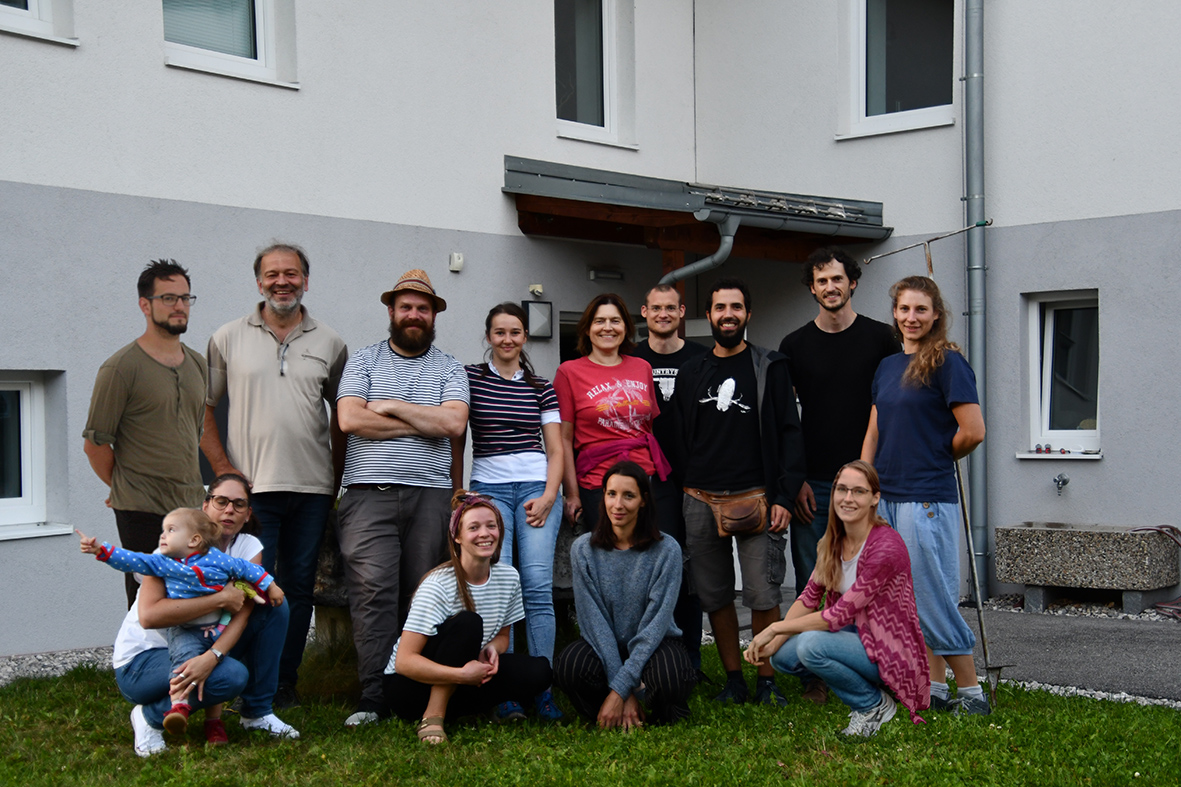
AQUASCALE
Aquatic Biodiversity across Temporal and Spatial Scales
Group leader: Robert Ptacnik
AquaScale studies biodiversity of aquatic communities across temporal and spatial scales. AquaScale addresses teh factors governing biodiversity, and the relationship between diversity and functioning of communities. We combine long-term research with experiments to better understand the consequences of global change on our natural resources.
Research topics:
• Experimental plankton ecology
• Biodiversity research
• Spatial ecology & Conservation
Link: AquaScale Lab
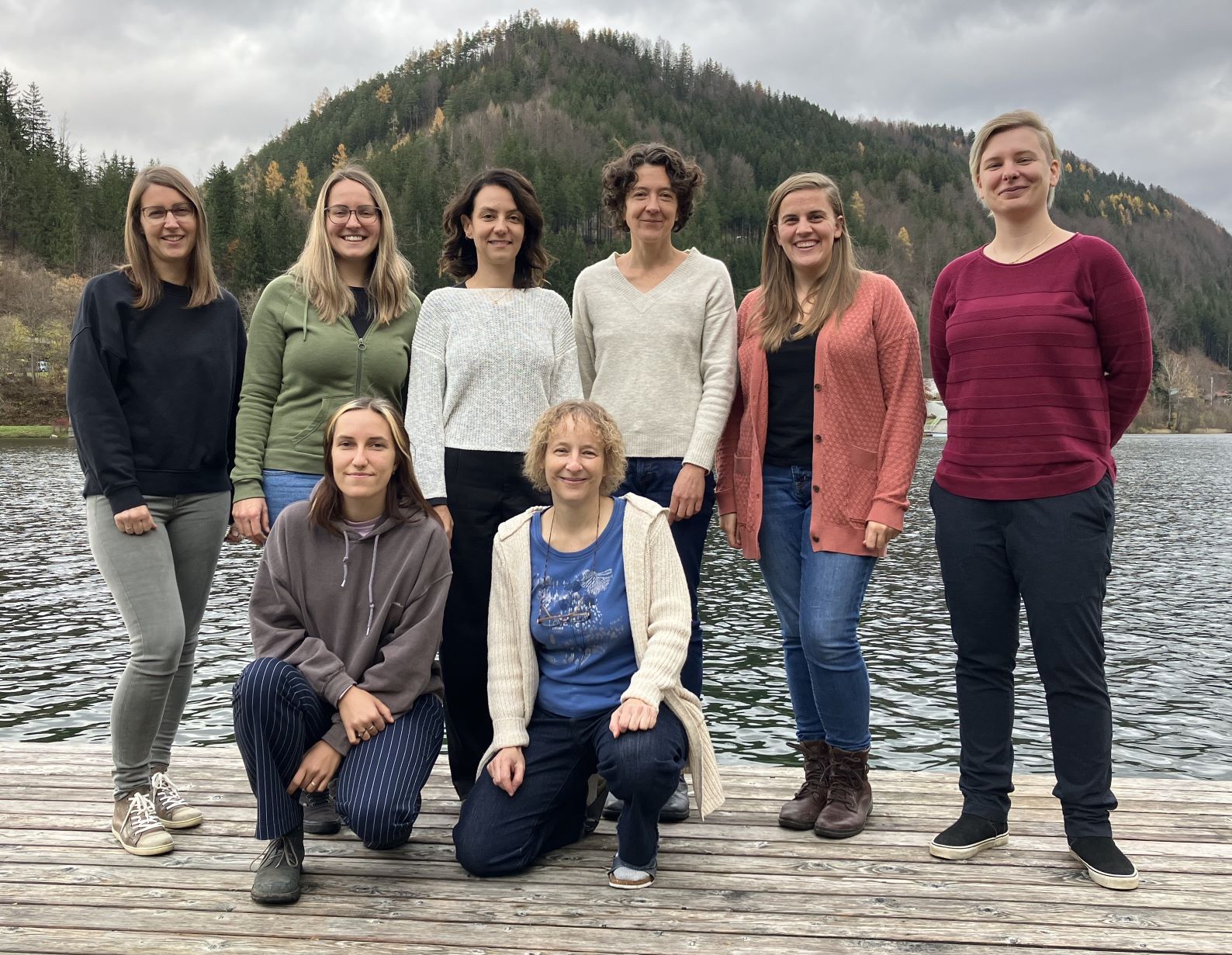
FLUVICHEM
Fluvial Biogeochemistry and Ecology
Group leader: Gabriele Weigelhofer
We investigate how climate change and land use intensification impact the integrity and functioning of streams and rivers. Our research is dedicated to increasing our mechanistic understanding of the resilience and resistance of benthic and hyporheic biofilm functions to stressors such as intermittency, warming, pollution, and hydro-morphological changes. Furthermore, we focus on Citizen Science, science education and communication to help bridging the gap between science and the public.
Research topics:
• Nutrient spiralling from biofilm to stream scale
• Resistance and resilience of biofilm processes to global change
• Participatory environmental research
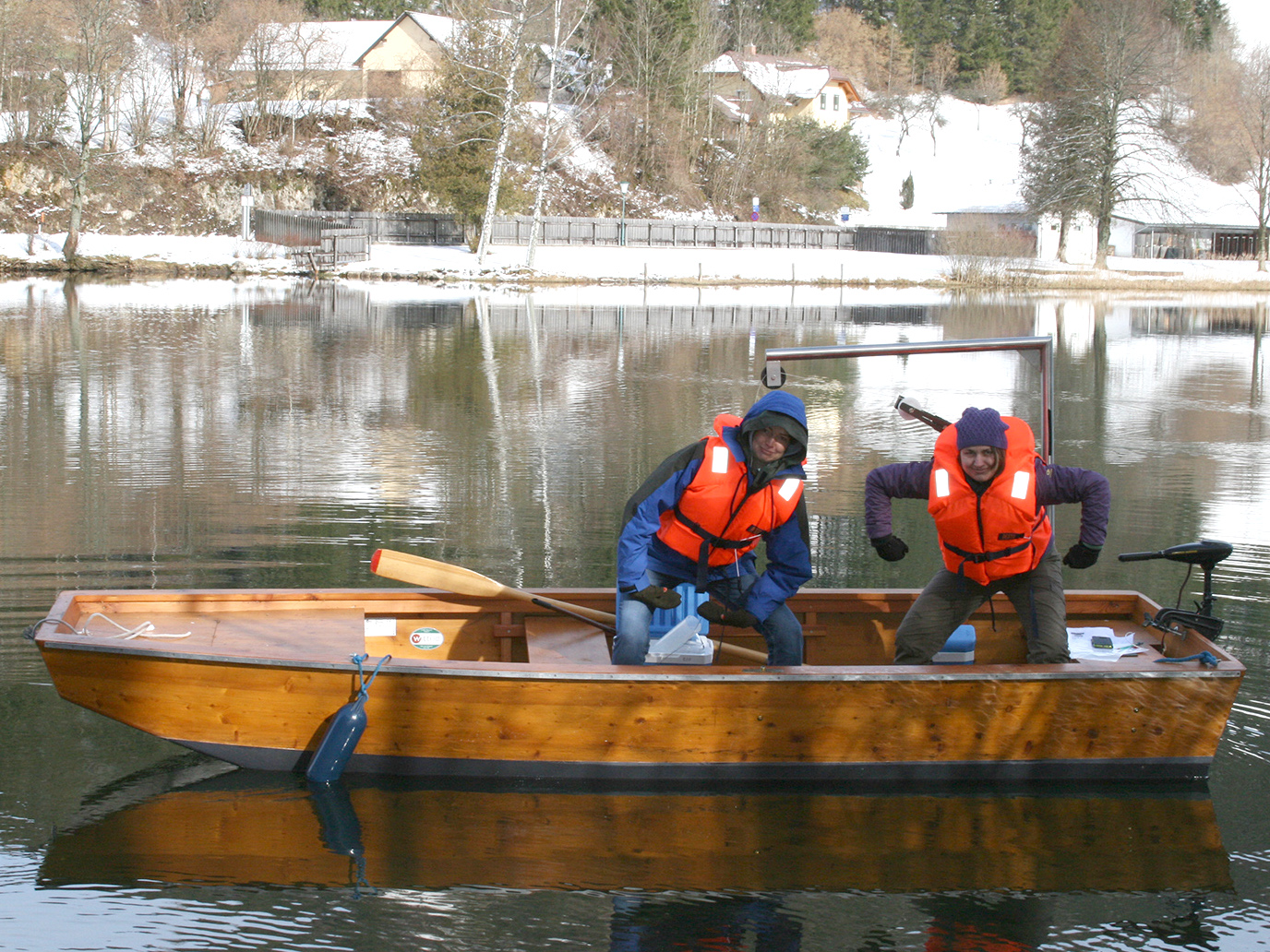
CARBOCROBE
Carbon Cycling and the Role of Microbes from Source to Sea
Group leader: Katrin Attermeyer
Carbocrobe is dedicated to better understand and unravel the mysteries of the smallest organisms involved in the turnover of carbon in freshwaters from source to sea. We use experimental and field studies to uncover the role of microbes in carbon and other nutrient cycles in aquatic ecosystems.
Research topics:
• Aquatic Microbial Ecology
• Carbon Cycling from Source to Sea
• Environmental Change Research
Link: https://carbocrobe.jimdosite.com
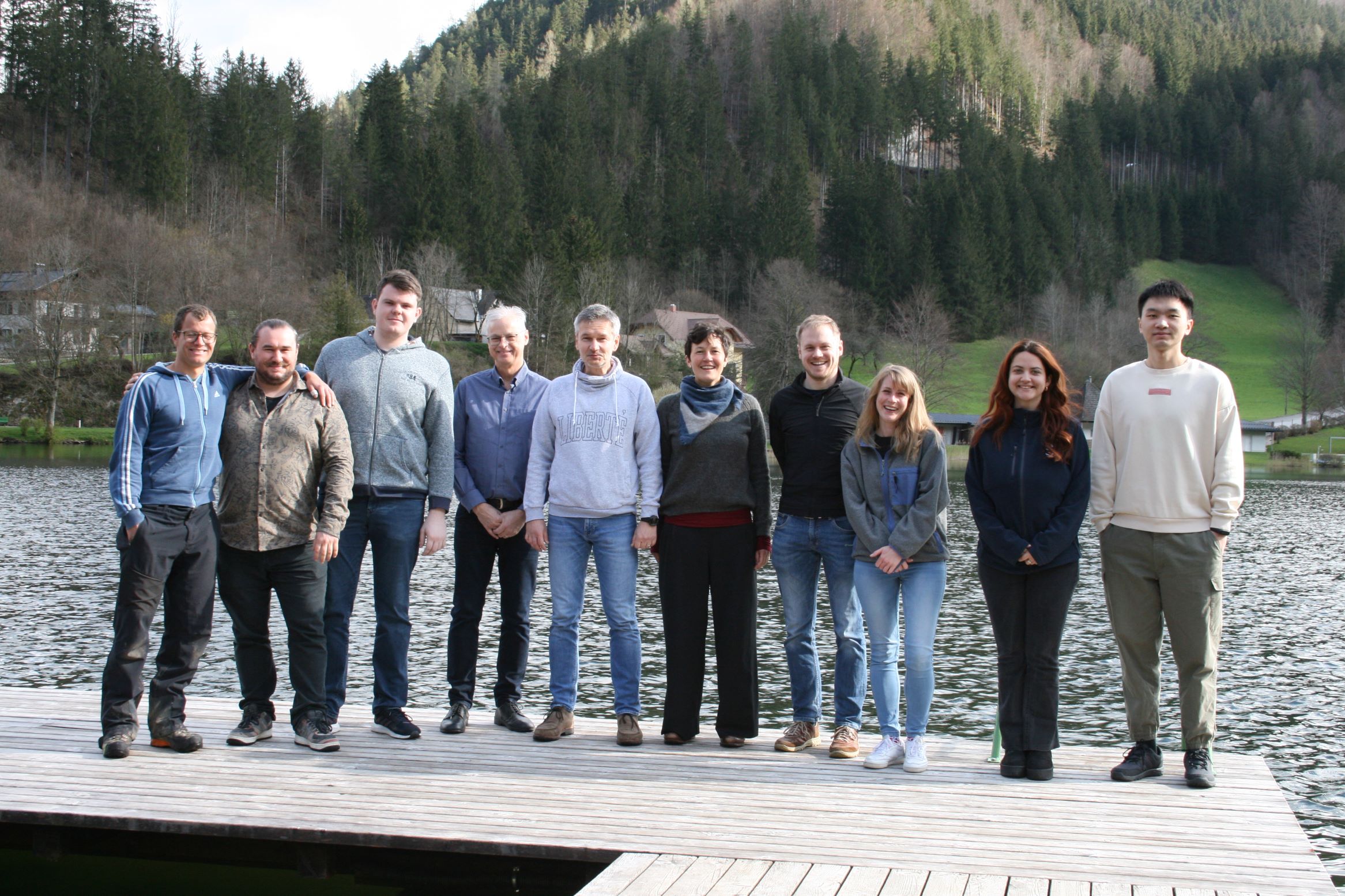
LIPTOX
Aquatic Lipid Research and Ecotoxicology
Group leader: Martin Kainz
Aquatic organisms acquire dietary nutrients, but also toxic substances. LIPTOX investigates the origin and composition of nutrition in different waters. Questions of special interest are, which diet delivers the most nutritious and physiologically required compounds, in particular lipids and their fatty acids, and which diets convey the least toxic substances. That is not only important for aquatic organisms, but also for humans as ultimate consumers at the top of the food chain.
Research topics:
• Aquatic food webs
• Ecotoxicology
• Trophic lipid research
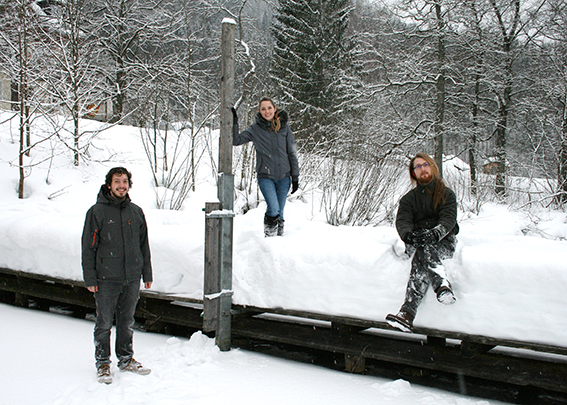
QUIVER
Aquatic Biodiversity and Entomology Research
Group leader: Simon Vitecek
Insects arguably contribute a significant portion of macrospcopic biodiversity in freshwater ecosystems. Focus of the working group is on diversity of aquatic insects, their evolutionary ecology and the constraining factors controlling local and regional biodiversity patterns in this group. Further, the importance of diversity as source of ecosystem function and connectivity shall be examined.
Research topics:
• Taxonomy and Systematics of Trichoptera and Plecoptera
• Aquatic biodiversity
• Evolutionary ecology of aquatic invertebrates models



